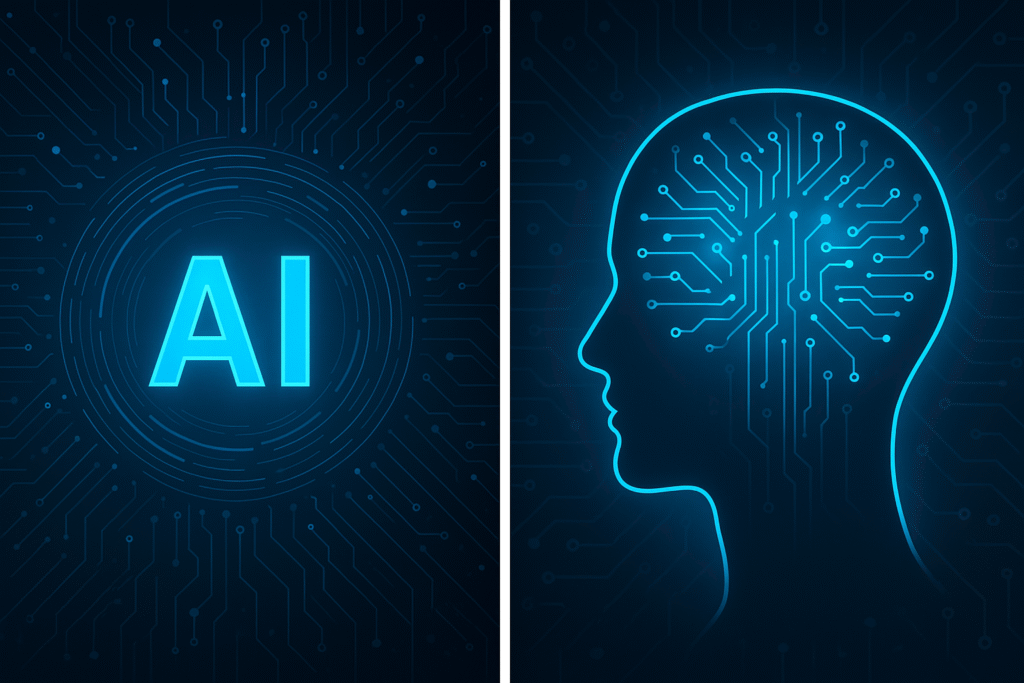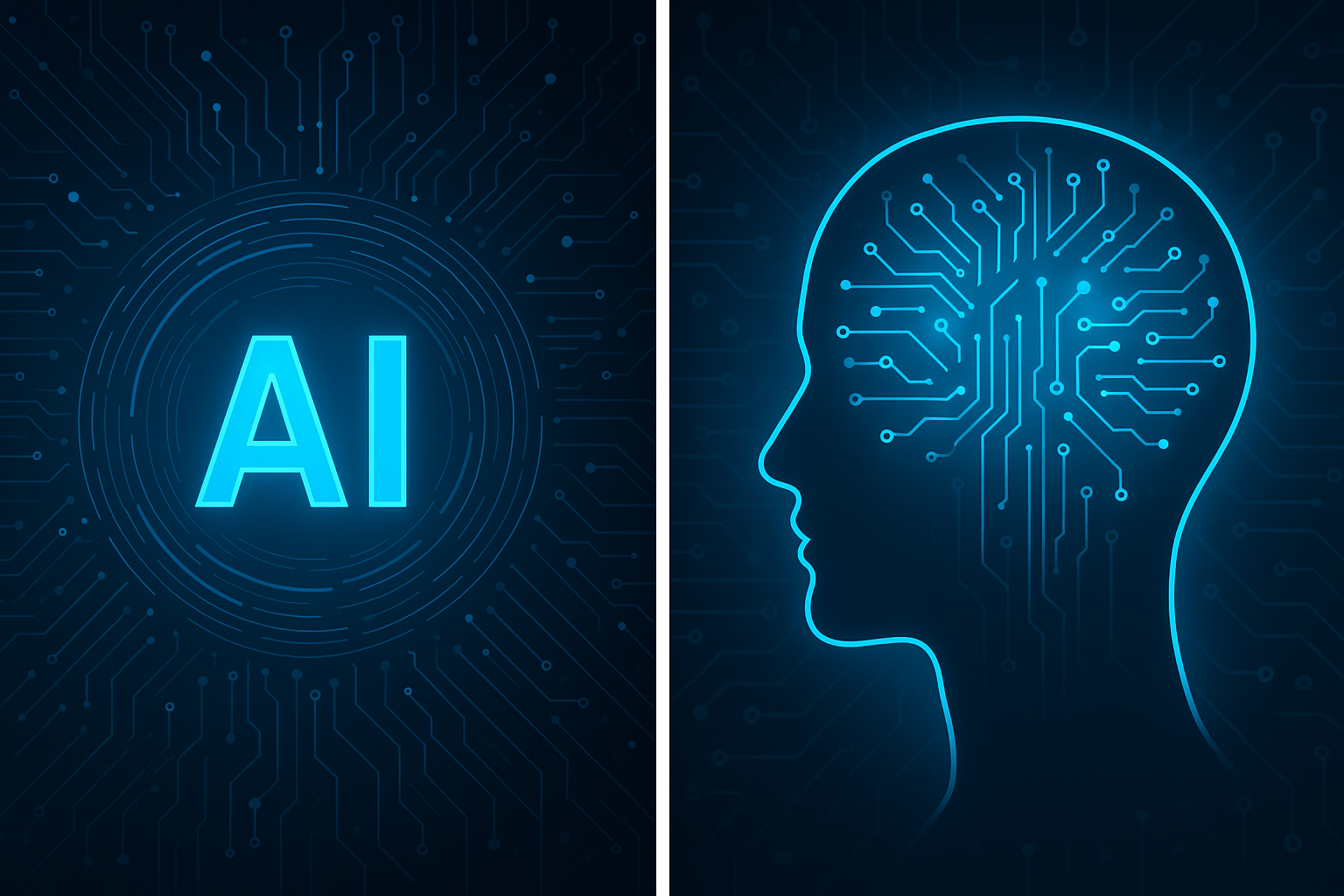Introduction
Artificial Intelligence (AI) has revolutionized industries such as healthcare, finance, education, and manufacturing. However, as AI technology advances, ethical concerns surrounding its fairness, privacy, accountability, and impact on employment have become major discussion points. This article explores the key ethical challenges AI faces and the future direction of AI governance and regulation.
1. What Are the Ethical Issues in AI?
With AI becoming increasingly integrated into society, several ethical concerns must be addressed.
(1) Bias and Fairness
AI systems learn from historical data, meaning biased data can lead to discriminatory outcomes. For example, recruitment AI trained on biased datasets may unintentionally favor certain groups over others based on gender, race, or socioeconomic status.
(2) Privacy and Data Protection
AI processes vast amounts of personal data, but improper handling can lead to privacy violations. Technologies like facial recognition and surveillance AI raise concerns about unauthorized data collection and potential misuse.
(3) Automation and Employment Disruption
AI-driven automation is replacing human jobs in various sectors, raising concerns about job displacement. To mitigate negative impacts, industries must promote reskilling programs and implement policies that support workforce adaptation.
(4) Accountability and Explainability
AI often makes complex decisions, but lack of transparency in its reasoning can create accountability issues. In sectors like healthcare and law, AI-driven decisions require explainable AI (XAI) to ensure responsible usage.
2. AI Ethics Guidelines and Regulations

Governments and organizations worldwide are establishing ethical frameworks and regulations to address AI-related risks.
(1) European Union’s AI Regulation
The EU has proposed the Artificial Intelligence Act, which enforces stricter regulations on high-risk AI applications, such as facial recognition and financial AI systems.
(2) AI Ethics in the United States
U.S. tech companies like Google and Microsoft have formed AI ethics committees to ensure transparency and fairness. Government agencies also emphasize corporate responsibility in AI deployment.
(3) AI Governance in Japan
Japan has developed the AI Governance Guidelines, encouraging companies to implement responsible AI practices while fostering innovation.
3. Strategies to Ensure AI Ethics
Organizations and researchers can adopt several strategies to uphold AI ethics.
(1) Increasing Transparency
Adopting explainable AI (XAI) helps ensure users understand AI’s decision-making process, reducing concerns about opaque algorithms.
(2) Using Diverse and Fair Datasets
To minimize bias, developers must use balanced datasets that represent diverse demographics to improve AI fairness.
(3) Establishing AI Ethics Committees
Companies can set up AI ethics boards to conduct audits and ensure ethical compliance in AI models.
(4) Strengthening Privacy Protections
Strict policies on personal data handling and transparent data collection practices reduce privacy risks associated with AI.
4. Future AI Ethics Trends
As AI continues to advance, ethical concerns will remain critical. Governments and companies must collaborate to establish stronger AI governance and regulations.
Key Developments to Expect
- Advancements in Explainable AI (XAI) for better transparency
- Improved anonymization techniques to safeguard user privacy
- Global AI ethics frameworks for standardizing regulations
Ensuring responsible AI deployment requires interdisciplinary cooperation between policymakers, developers, and ethicists.
Conclusion
AI is shaping the future of technology, but ethical challenges must be addressed for sustainable development. By focusing on transparency, fairness, and privacy protection, industries can create trustworthy AI systems that benefit society.
As AI innovation continues, maintaining ethical standards will be crucial in shaping a responsible and equitable future!
このサイトはGoogleAdSense広告を使用しています。
これらのリンクはクリエイターの収益化に使われる場合があります。







コメント